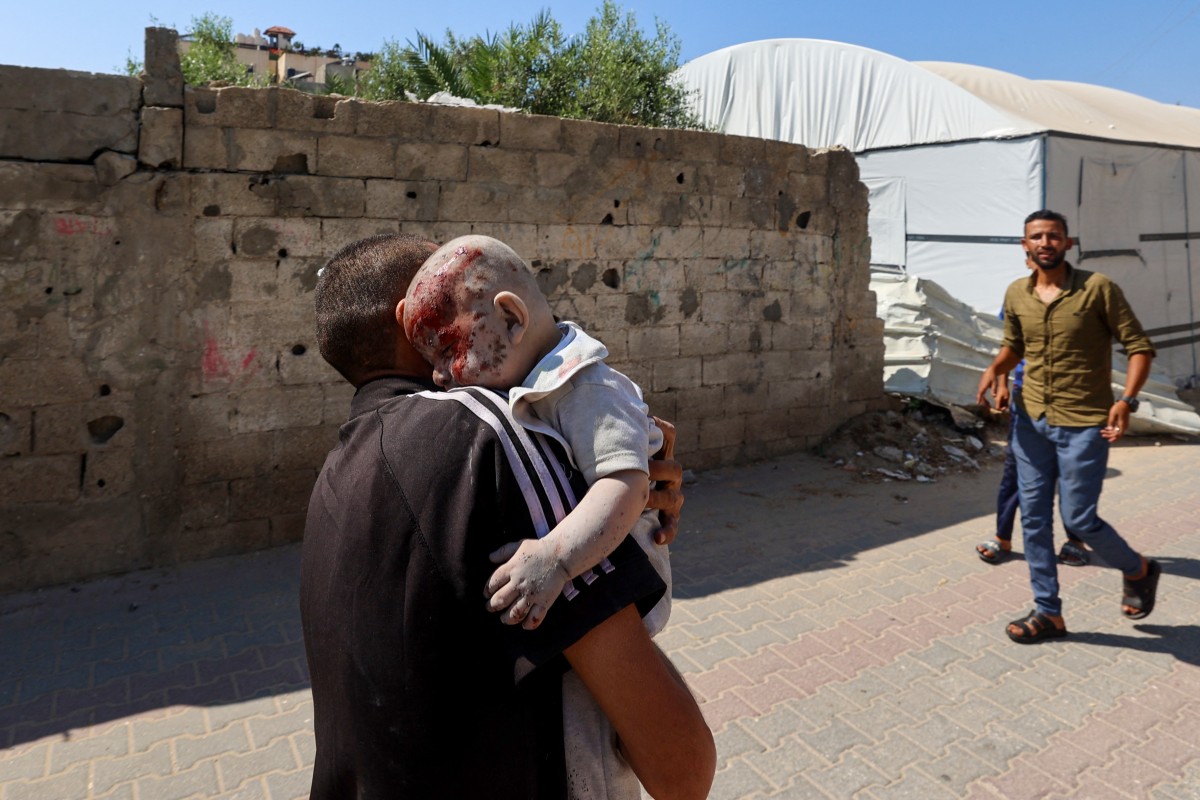Brussels, Belgium — The EU said Monday that Israel must improve the humanitarian situation in Gaza or else face possible consequences, after a review of a cooperation deal found it fell short of its human-rights obligations.
The European Union’s top diplomat, Kaja Kallas, said the bloc hopes to use a review of the EU-Israel Association Agreement to pressure Israel to ease suffering in the Palestinian territory and allow more aid into the strip.
“We will contact Israel to present our findings and look at how we can improve the situation on the ground,” Kallas told a press conference after presenting the review’s findings at a meeting of EU foreign ministers in Brussels.
“If the situation does not improve, then we can discuss further measures”, she said, adding this would happen in July.
The bloc last month launched an audit of the EU-Israel deal, which forms the basis for trade ties, under one of its articles calling for respect of human rights.
It marked a milestone of sorts, given the EU has long struggled to have an impact on the Mideast conflict due to longstanding divisions between countries that back Israel and those seen as more pro-Palestinian.
The review found Israel’s conduct in Gaza ran afoul of its obligations.
The text seen by AFP cited Israel’s blockade of humanitarian aid, the high number of civilian casualties, and the massive population displacements among possible rights violations.
“Our main concern is humanitarian aid distribution,” Kallas told reporters. “We see the humanitarian aid behind the borders, but it doesn’t reach the people.”
What action Brussels might take if things do not improve is not clear, as the war in Iran has moved the goalposts and pushed some nations to voice renewed support for Israel.
Some countries would like to suspend the EU-Israel accord outright but that would require unanimity among member states — something diplomats have said is virtually impossible.
Halting diplomatic dialogue with Israel — a measure already rejected last year — also requires backing from all EU countries.
Trade measures could instead be adopted with a qualified majority, and Kallas hinted the EU response could go in that direction.
Asked about a nine-country call for Brussels to come up with a plan to end trade with Israeli settlements in the occupied West Bank that are illegal under international law, she said that was “one of the measures that could be taken.








